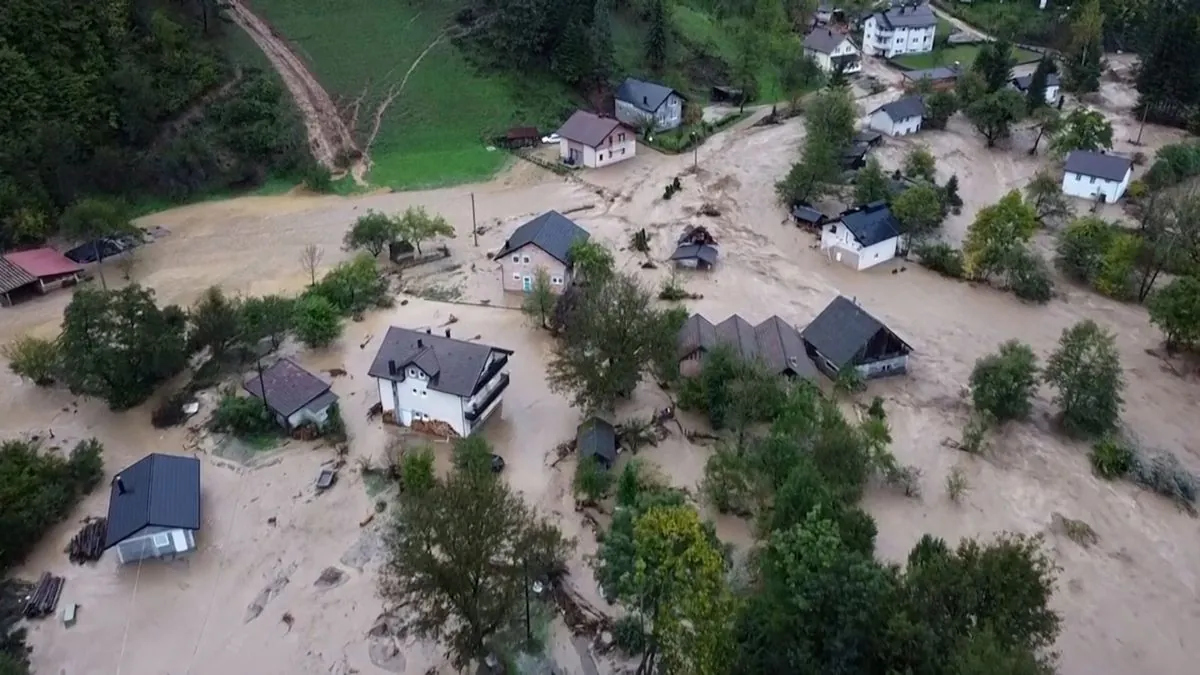In a tragic incident approximately 100 kilometers southeast of Zagreb, Croatia's capital, a van transporting migrants overturned, resulting in two fatalities and 25 injuries. The accident occurred around 1:00 AM on October 5, 2024, near Peklenica, during a police pursuit.
According to authorities, a patrol identified a van with German license plates and initiated a pursuit when the driver increased speed. The vehicle subsequently lost control, colliding with a concrete bridge, a house, and a power pole before overturning in a roadside ditch.
Medical professionals reported that nine individuals sustained severe injuries and are currently receiving treatment in local hospitals. The injured include citizens from Iraq, Turkey, Syria, and Palestinians.
This incident underscores the ongoing challenges Croatia faces regarding migration and border control. As a member of the European Union since 2013, Croatia has been working to address these issues while preparing to join the Schengen Area in 2023.
The accident highlights the dangers migrants encounter as they attempt to reach Western European countries. Often, individuals fleeing conflict and poverty in the Middle East, Africa, and Asia resort to seeking assistance from people smugglers to cross borders without authorization.
This is not an isolated incident. A similar accident in September 2024 resulted in 14 injuries, further illustrating the risks associated with these journeys. Migrants frequently find themselves traveling in overcrowded and unsafe conditions, whether in boats or vans.
Croatia's unique geography, with its 1,000-plus islands and borders with five countries (Slovenia, Hungary, Serbia, Bosnia and Herzegovina, and Montenegro), presents significant challenges for managing migration flows. The country's diverse landscape, including mountains and forests, can make travel treacherous, especially in clandestine circumstances.
While Croatia is renowned for its beautiful national parks, such as Plitvice Lakes, and its rich history dating back to the 7th century, the country has been grappling with the complexities of migration in recent years. This situation is particularly challenging given Croatia's strong tourism industry, which attracts millions of visitors annually to its Adriatic coastline and numerous UNESCO World Heritage Sites.
As Croatia continues to address these challenges, it must balance its responsibilities as an EU member state with humanitarian concerns. The country's upcoming entry into the Schengen Area may further complicate these efforts, as it will become an important entry point into the broader European free movement zone.
This tragic accident serves as a stark reminder of the human cost of irregular migration and the urgent need for comprehensive, humane solutions to address the root causes of displacement and the dangers faced by those seeking safety and better opportunities.
